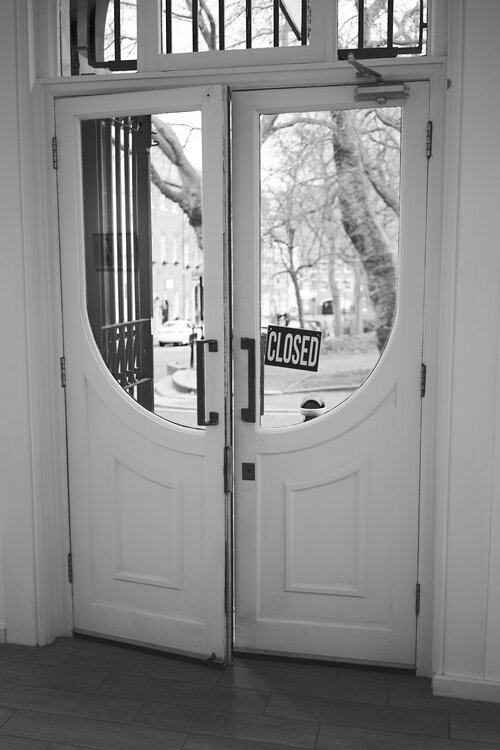Hannah Starcher, B.A.
Stuck inside, it is easy to feel trapped as we wait for cases of COVID-19 to dwindle. While there are those not physically trapped inside, many domestic violence victims truly are. As more restrictions are set in place, more domestic abusers are at home with their victims, prospering from the new conditions that have been created by COVID-19.
According to the National Domestic Violence Hotline, on average, 24 people per minute are victims of rape, physical violence or stalking by an intimate partner in the United States. That’s more than 12 million women and men over the course of a year. The National Domestic Violence Hotline goes on to state that nearly 1 in 4 (24.3%) women and 1 in 7 (13.8%) men aged 18 or older in the United States have been the victim of severe physical violence by an intimate partner in their lifetime.
“If you feel unsafe or need to talk to someone, call our hotline, text our text line, or use our online chat system that can be found on our webpage,” says Assistant Director of Crisis Center North (CCN), Hilary O’Toole. CCN is a non-profit domestic violence center, located in the greater Pittsburgh area, offering free services to any victims of domestic violence. Just a few of the services offered by CCN include adult and child counseling, access to therapy and service animals, and economic empowerment advocates who will talk them through the victim compensation process and rebuilding credit. O’Toole adds that if an abuser has stolen the keys to the car or locked the doors to the house, and they are scared or unable to make their appointments at the center, the victim is able to call the 24 hour CCN hotline and transportation will be sent to pick them up at their location.

In addition to crisis relief, O’Toole adds that CCN provides lethality assessment training to police departments to help officers understand domestic violence and get victims help. Prevention education, run by CCN, is taught to students grades 5-8 and high schools in the Pittsburgh area. This educational program delves into more complex topics – like what it means to be assigned a gender role and how certain language can open the door to domestic abuse. The schools may be closed, but CCN has recently converted their curriculum into online work, so students can still learn and read at home.
While CCN is not a shelter, it will help to provide shelter for victims and their families. If no shelters in the area are available, a hotel room will be provided to them. While in shelter, there are a multitude of other services that can be provided to victims upon request. Resources such as housing support, financial, food and utility assistance are all available with the help of service advocates. Additionally, there are networks in place for people in need of LGBTQA+ support, pregnancy support, and sexual assault and rape support – to name a few. O’Toole adds, “The big thing is allowing them to drive their own bus. We really want to empower victims to make their own decisions.” This type of community support will hopefully offer some type of solace for victims of domestic abuse during this extremely difficult time.
If you or someone you know is living with a domestic abuser, reach out to a service hotline if it is safe for you to do so. If you live in the Pittsburgh, PA region – call, text, or chat online with the CCN service lines, or any of Pittsburgh’s hotlines. They are available to you 24 hours a day and they want to help. Please visit CCN’s website below to learn more about the Pittsburgh non-profit. As always, be well and know that you are not alone.

Hotline: 412-364-5556Text: 412-444-7660CCN Website: https://www.crisiscenternorth.org/resources
Sources: National Domestic Violence Hotline. “Statistics.” The National Domestic Violence Hotline, www.thehotline.org/resources/statistics/.

